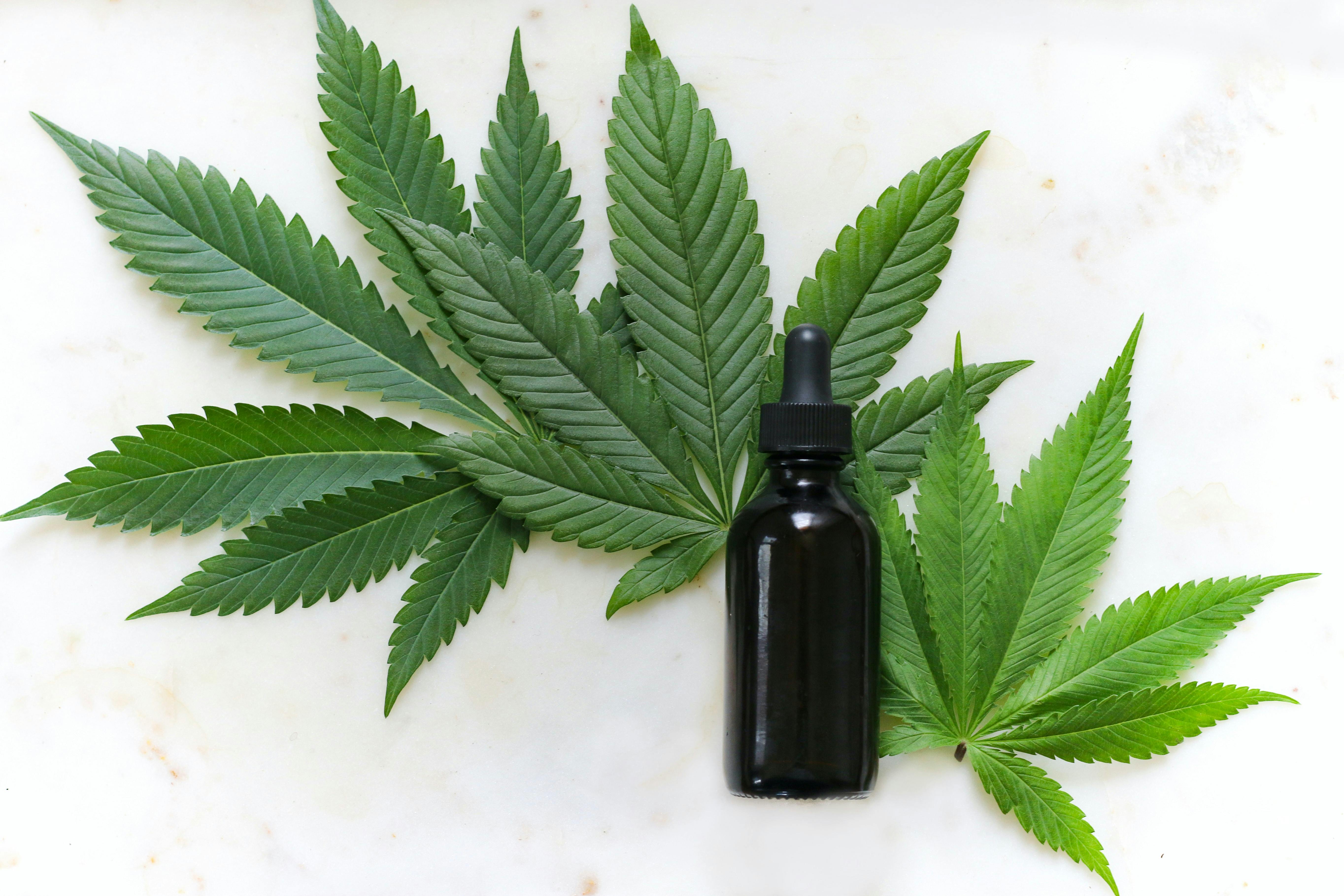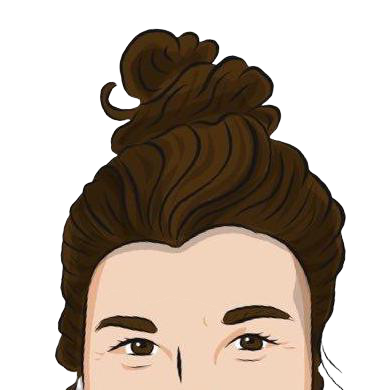How Marijuana Can Improve Your Health
FLURT Magazine

The past 10 years have been huge for the progression of marijuana legalization. From coffee shops in Amsterdam to hip dispensaries in Toronto, and even in some of the most conservative corners of the United States, people are flocking to places where they can indulge legally – medical or otherwise.
As legal access to marijuana, or in more scientific terms – cannabis – grows, so does awareness around other uses for the herb. And although various governments and media outlets have lumped cannabis in their own war on drugs campaign, scientific literature is tipping the scale in favor of marijuana for medical purposes. So while yes, it is still considered a drug and often used recreationally to ‘chill’, this drug, unlike alcohol and cigarettes, could help you to improve your health and well being – particularly, your mental health.
According to a recent report published in the journal Clinical Psychology Review, mental health conditions are a prominent reason for medical cannabis use. Among the team of researchers for this report was Dr. Zach Walsh, clinical psychologist and professor at University of British Columbia in Canada. For nearly a decade, Dr. Walsh has been investigating cannabis’ potential for therapeutic purposes.
“When I first came [to British Columbia], it was at the same time as when the medical cannabis movement was really kicking into high gear around 2009,” says Dr. Walsh. It wasn’t ground zero, but it was certainly a much different place than where we are now,” Dr. Walsh explains. “I’ve always been interested in the therapeutic potential of substances that we as a society view as problematic... so that has really become my primary focus, looking at therapeutic and recreational and also potentially harmful aspects of cannabis use.”
Where cannabis can help
Throughout that same report from the Clinical Psychology Review, as well as the dozens of other studies he’s conducted, Dr. Walsh has found evidence that cannabis can in fact benefit people dealing with certain mental illnesses. Two strong cases for these findings are PTSD and anxiety.
“One of the places where we see the most positive, in terms of the evidence, have been using it to help with symptoms of PTSD,” he explains. “First of all, it helps with sleep and suppressing the nightmares that are so debilitating in PTSD. Across mental illnesses, once sleep becomes disrupted, things tend to spiral. So the extent that cannabis can be helpful for sleep without causing some of the problems we see with benzodiazepines... Reducing anxiety and repressing those dreams allow people to get their lives back on track and more generally, get to a point where they perhaps don’t need to use cannabis anymore. I think it can be a real facilitator to some of the behavioral changes that evolve while healing from trauma-related disorders.”
Anxiety is also where we could see a lot of positive effects from cannabis use, partially because of how widespread it is. It’s something that so many people, even those who aren’t diagnosed with mental illness, suffer from and those people are often using prescription drugs to calm their symptoms. In those cases, cannabis could offer a more natural alternative.
“Growing up in Texas, the Bible belt of America, using marijuana for medicinal purposes was preposterous. As I got older, I researched what other miraculous properties that hemp and marijuana could do for our world,” says Kae, an Alberta resident who started smoking when she was 15 years old. “I take medicinal marijuana for my ADHD, which triggers a lot of depression and anxiety... I found the effects allowed me to see the world and function in a way that meshed better with societal standards and expectations of myself.”
Another area where there is a lot of talk around medical cannabis use is depression, although Dr. Walsh says that the current evidence is inconclusive: “It certainly can elevate mood, but in the broader picture there’s more research that needs to be done around depression.” Studies also suggest that cannabis may have a place in dealing with addiction, but more research is needed there as well.
Rise of therapeutic cannabis use
Not every mental illness will benefit from cannabis. Bipolar disorder, for instance, appears to have more negative side effects than good.
“There’s equivocal evidence suggesting that [treating with cannabis] can make some of the psychotic symptoms that are so problematic in bipolar disorder worse. The same goes for schizophrenia,” Dr. Walsh says. “What I perceive to be the legitimate risks is that it seems to be able to lead to an earlier psychotic break in people who are vulnerable. So if people are high risk either because they have a first-degree relative or they’ve had some psychotic symptoms, that might be a case where cannabis is not a recommended medicine.”
This is also the case with psychotic disorders, such as schizophrenia and psychosis. A study from The National Academy of Sciences, Engineering, and Medicine released in January 2017 showed substantial evidence of an association between cannabis use and the development of an enduring psychotic illness. The highest risk being among frequent users who, as Dr. Walsh suggested, are genetically vulnerable. Other studies have yielded similar results. Royal College of Psychiatrists cites that regular use of marijuana has doubled the risk of developing a psychotic episode or long-term schizophrenia.
However, aside from this, the risks seem to be minimal. “The risks in most cases – I think psychosis might be an exception to this – are fairly low,” explains Dr. Walsh. “There’s very little toxicity and no one is going to die of a cannabis overdose. It can develop into a habit, but so can anything people enjoy. The addiction profile is very similar to what we see with caffeine.”
THC, CBD, WTF?
Marijuana has over 100 compounds, or cannabinoids, that have varying biological effects. Of those, Tetrahydrocannabinoil (THC) and cannabidiol (CBD) are the two everyone talks about.
THC is the most common cannabinoid element found in a marijuana plant. With THC comes all of the characteristics that are the foundation of cannabis’s reputation – altered sense, fatigue and hunger to name a few. This feeling of being ‘high’ or ‘stoned’ is caused by THC mimicking the effects of anandamide, a natural neurotransmitter that influences eating and sleeping habits.
CBD, on the other hand, has been shown to reduce anxiety and paranoia, as well as boost energy. CBD is commonly consumed in the form of highly concentrated oil. Because CBD does not have the same degree of cognitive effects as THC, it can be better for everyday use. Additionally, hemp-derived CBD oils are considered legal and safe in far more places.
“My sister and I took a trip to Colorado this past year and I was super sick, so when we went to the dispensary I told them that I’m really nauseous, I just need something to not feel this way. They didn’t even inform me that it wouldn’t get me high, I just found out after I smoked it and decided to do some research,” says Hannah, describing her first experience with CBD oil.
Hannah suffers chronic stomach pain and has used cannabis for the past five years to minimize symptoms. She doesn’t have a prescription and lives in Wisconsin, where marijuana is illegal, making some popular forms of cannabis more complicated to acquire. “Throughout my whole life I’ve always smoked weed, now I do oil,” she says. “With CBD, I can go to a gas station and they are now selling CBD oil. So I feel like I can see it more in public places now and it’s becoming more ‘accepted.’”
Evolving past the stigma
While it’s slowly lifting, there’s still a lingering stigma around marijuana – even for medical purposes. “A lot of people say that others want marijuana legalized because then they can get high, but it goes a lot deeper than that,” says Hannah.
Kae agrees: “I definitely believe there’s a stigma around using pot for health reasons... I have noticed a huge embrace in its use for health in recent years, and that is very heartwarming. However, it will take more time and science for it to be properly regulated for everyone’s comfort.”
Many scientists and medical professionals share the same opinion, noting that the Schedule I classification the drugs holds in the United States may be hampering research. However, researchers like Dr. Walsh will continue to explore marijuana’s medical potential in the hopes that this will help to eliminate the stigma currently associated with cannabis.
“One thing that I like to highlight is that it’s just like any other medicine and it should be evaluated based on its risks and on its benefits rather than just making it a last resort,” says Dr. Walsh.
If you’d like to learn more about the legality of cannabis in your area and how to obtain a medical marijuana prescription, check out Leafly.com. Leafly is the world’s largest cannabis resource. Their website can help with everything from finding a local dispensary and picking the right strain for your needs, to keeping up with legislation and cannabis in the news.
Liked this article?
Let me send updates to your inbox (and one day, a newsletter).
Unsubscribe anytime. No spam 🤖
